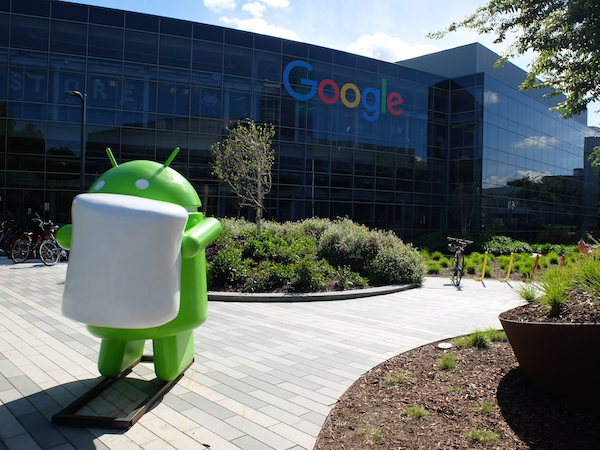There is more to Google’s cool headquarters in Mountain Valley, California, than people can see. The Google offices are not only about aesthetics but also hatching ideas and transforming the world.
The tech giant’s “culture of innovation” is built around four cornerstones—mission, transparency, voice and space—that nurture its environment.
As Frederik Pferdt, head of innovation and creativity programs at Google, explained, the 3,200-hectare campus represents these cornerstones and encourages employees to rediscover the child within by being curious and asking questions.
Pferdt described how man’s creativity wanes as he ages. It’s the very reason Google tried to recreate a children’s playground with its offices to awaken the people’s wild imagination just like a child: to let them aim for the impossible and think of impossible things like driverless cars.
“What is happening in most organizations is that people lose the ability to not just come up with ideas, but the courage to share those ideas with each other with pride,” Pferdt said. “We are trying to establish an environment where people can share ideas which might not be finished, might not be perfect, but are attempts to start disrupting things, to start a discussion of things that may be impossible at the moment.”
Mission
Pferdt said Google’s mission is to organize the world’s information and make it universally accessible and useful. He noted, however, that this is impossible because every day there will be new information. The point of the Google’s mission is “to challenge people to be motivated.”
Transparency
According to Pferdt, once a person is employed at Google, he or she gets access to information on the first day. This is the company’s way of building trust and making sure that everybody is working on the right things.
Voice
People are free to pitch their ideas or give feedback on certain projects and provide input on how to shape the culture of innovation in the future.
Space
Googleplex is designed as a “happy place” for all employees because space or “physical environment shapes how people think and feel.” The company doesn’t want its employees be distracted by trivial things that may hinder the development of the next big thing in technology.
People may wonder why is the food free, or why do they have sleep pods?
Gail Tan, Google Philippines’ communications country manager, mentioned that the company doesn’t want the employees to worry about the “little things” such as household chores.
Familiar scenes around the campus are people with their laptops working under a tree, people on their bikes going from one building to another, or someone who just got back from a soccer game during “traditional” working hours (or 3 p.m.). The working atmosphere at Google is mostly output-based.
The world may envy Google people for having such cool founders who meet with their employees regularly via video conference calls broadcast all over the world at specific times. But coming up with new ideas or improving on old ideas may have a lot of pressure especially at the onset of the Internet of Things (IoT) or when everything in the world is connected wirelessly. The expected data to be collected from billions of mobile devices through IoT are believed to reach by petabytes. So there is a pressing need to come up with new products and services to catch up or anticipate the future.
The fun stuff at Google offices is meant to awaken the child within employees and allow them to imagine “crazy” ideas. The borderless world is meant to let them ask more questions just like kids do, the sleep pods are there to allow them to rejuvenate and recharge so their minds can rest, the bikes and electric vehicles used to drive around the campus eliminate another worry of transportation and the free food at the humongous cafeteria ticks off another worry from the employees.
At the rate Google and its mother company Alphabet are developing new technologies and creating new products and services, all the employees need all the encouragement to do great things whether they are in Mountain View or in Tokyo or in Manila.
